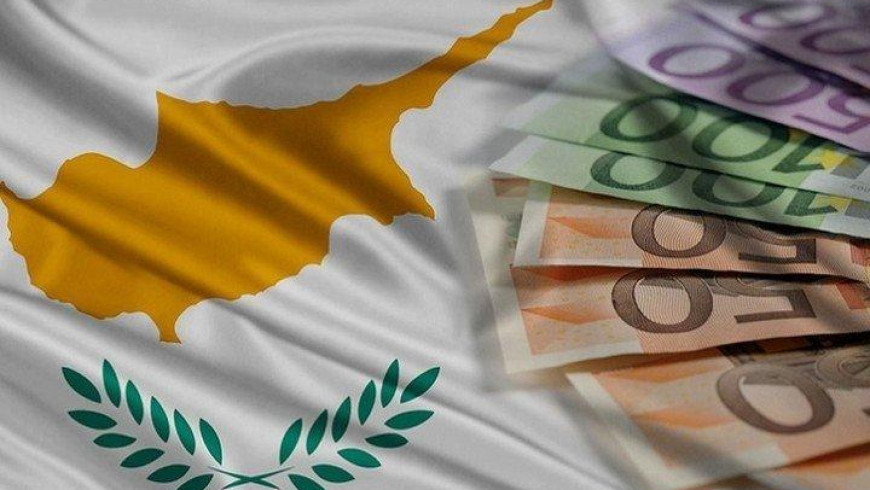
The share of "early school leavers", a term that refers to early leavers from education and training (aged 18-24), has steadily decreased in the European Union (EU) over the last 10 years (from 13.8% in 2010 to 9.9% in 2020). In Cyprus in 2020 the rate was 11.5%.
More young men left education and training early than women in 2020 - 11.8% of men compared to 8.0% of women. Compared to 2019, the share of male early school leavers remained the same, while the share of female dropped slightly (by 0.4 percentage points).
The EU Member States have set themselves a target to reduce the rates of early school leavers to below 9% at the EU level by 2030.
Compared with 2010, nearly all EU Member States reported a smaller proportion of early leavers in 2020, except for Slovakia, Czech Republic, Hungary, Sweden, Luxembourg and Bulgaria which all reported a small increase (below 3 percentage points).
In 2020, Member States that reported the lowest shares of early leavers from education and training were Croatia (2.2%), Greece (3.8%), Slovenia (4.1%), Ireland (5.0%) and Poland (5.4%).
In contrast, the highest shares were recorded in Malta (16.7%), Spain (16.0%), Romania (15.6%), Italy (13.1%) and Bulgaria (12.8%). In Cyprus this rate was 11.5%.
Eighteen Member States have already met the EU-level target for 2030 for this indicator: Belgium, Czech Republic, Estonia, Ireland, Greece, France, Croatia, Latvia, Lithuania, Luxembourg, the Netherlands, Austria, Poland, Portugal, Slovenia, Slovakia, Finland and Sweden.
In 2020, the share of early leavers from education and training was lower for young women than for young men across all EU Member States apart from Romania and Czech Republic.














 3287.99
3287.99 1275.09
1275.09
